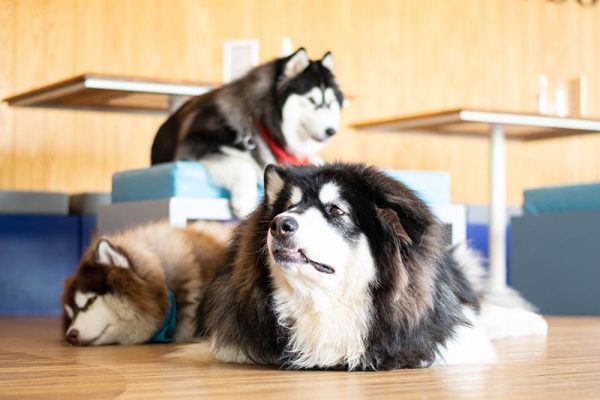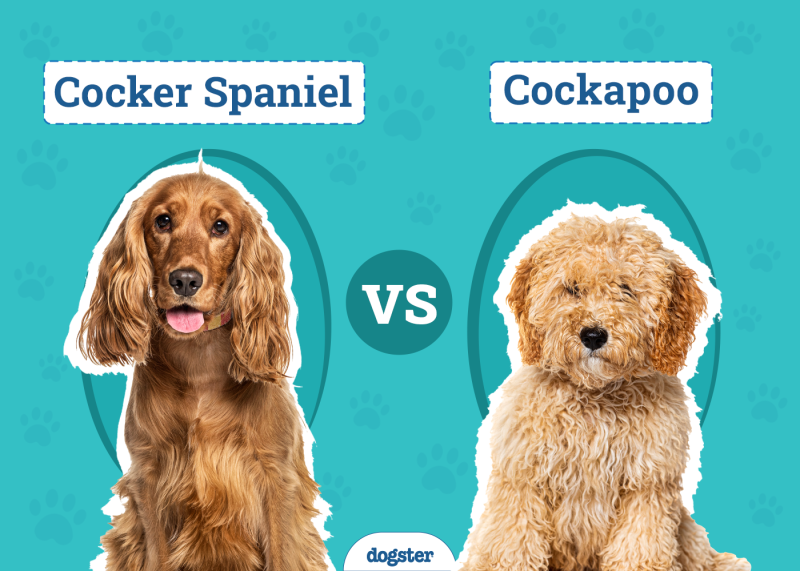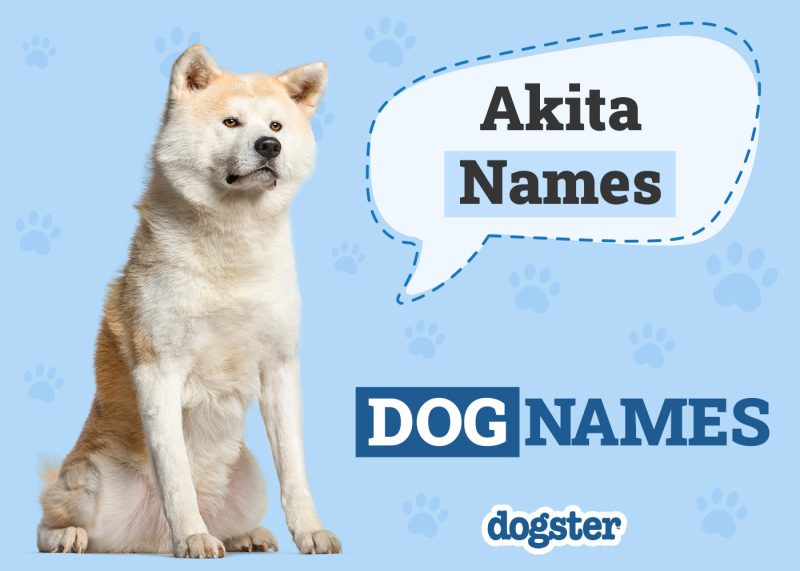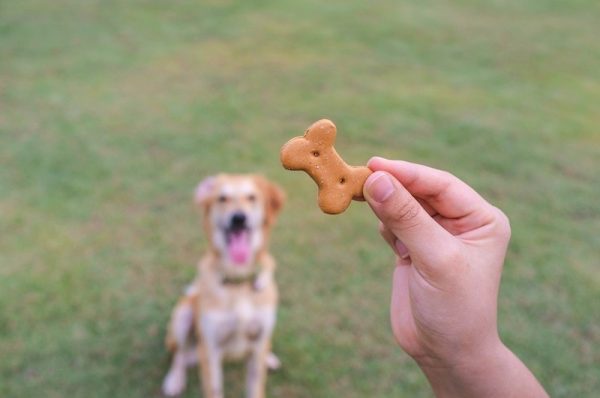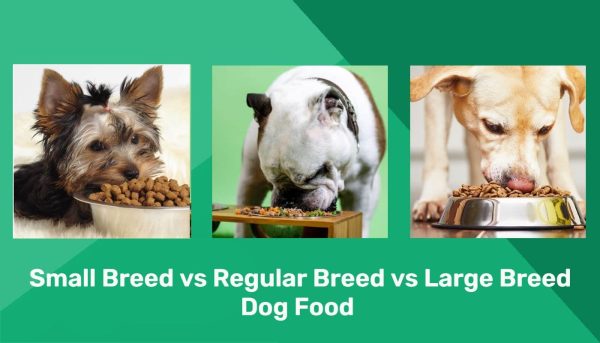In this article
View 4 More +It’s normal for dogs to show signs of aging—things like arthritis, loss of hearing, reduced energy levels, and greying of the hair are all fairly common. But what about behavioral changes? Some dog owners notice unusual behaviors and lack of responsiveness, as if their dog is “off with the fairies”. These changes could be attributed to “doggy dementia.”
Canine dementia is getting more and more attention in the veterinary world. The technical term for this condition is “canine cognitive dysfunction” (CCS), though it is comparable to dementia or Alzheimer’s in people. So, what is canine dementia, and what can we do to prevent it?

What Is Canine Dementia?
Unfortunately, much remains unknown about canine dementia or CCS. We do know that it is a condition related to the aging of the dog’s brain, which results in altered behavior, awareness, memory, and sleep. Essentially, the senior canine brain struggles to perform tasks that it previously considered simple.
Canine dementia is a progressive disease. This means that while the signs are initially very mild (or even undetectable), they become more obvious over time. Some vets believe that, as this condition is challenging to diagnose, it is also underdiagnosed. Studies estimate that more than 50% of dogs over the age of 15 have some degree of cognitive dysfunction.1
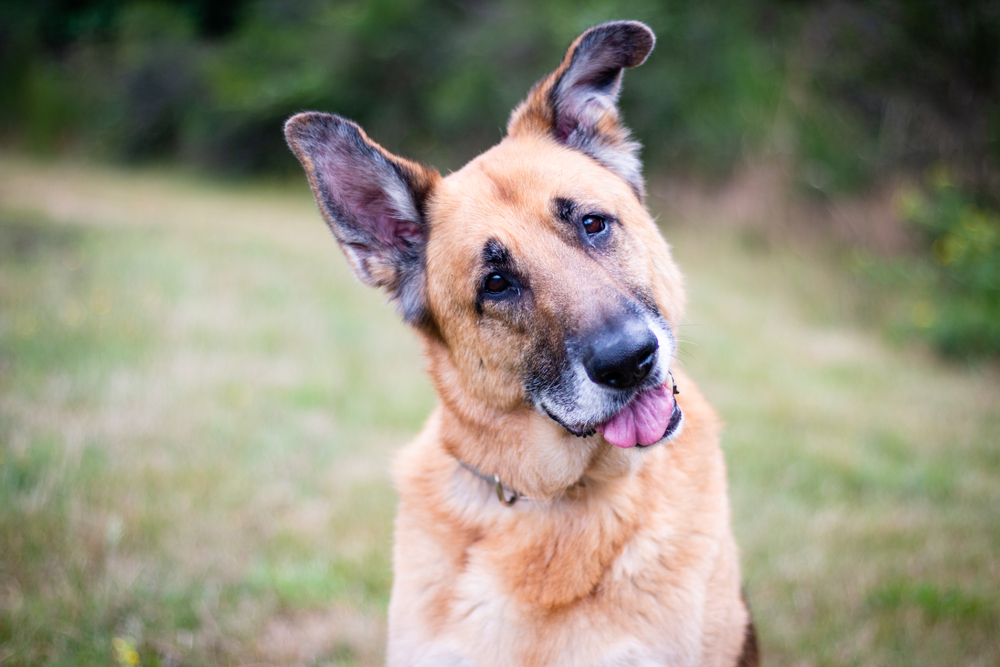
What Are the Signs of Canine Dementia?
- Changes in awareness: Confusion, disorientation, staring at walls or into space, struggling to navigate familiar environments.
- Changes in sleep: Vocalizing at night, pacing and restlessness, or increased sleepiness.
- Changes in socialization: Irritability, difficulty remembering familiar people, excessive licking.
- Changes in energy levels: Some dogs are less active than normal, while other dogs appear less settled than normal.
- Changes to toileting: Accidents in the house, even if previously house-trained.
What Are the Causes of Canine Dementia?
At this point, the definitive cause for canine dementia remains largely unknown. It is presumed to be caused by gradual degenerative changes in the brain that occur with age. Within the brain, cells called neurons are responsible for transmitting signals around the body, thus telling the body what to do and how to act.
As dogs transition into old age, neurons (and other cells) begin to waste away. A protein called beta-amyloid also builds up in the brain with age, and this protein is toxic to neurons; this is very similar to what happens with Alzheimer’s disease in people. As neurons die off, the brain loses its ability to process information and transmit signals, resulting in the signs described above.
Seek veterinary advice if you’re concerned about your pet’s well-being.
If you need to speak with a vet but can't get to one, head over to PangoVet. It's our online service where you can talk to a vet online and get the advice you need for your dog — all at an affordable price!

How Do I Care for a Dog with Canine Dementia?
It is important to mention that there is no cure for canine dementia. The below interventions aim to slow the progression of the disease and to improve a dog’s quality of life. However, despite these treatment options, the disease will progress over time.
- Specially formulated dog foods, such as Hills B/D and Royal Canin Mature Consult contain additional fatty acids, amino acids, and antioxidants to improve brain health.
- While you may not be able to teach an old dog new tricks, you should certainly still try. The more your dog has to use his or her brain, the slower dementia will progress. Exercise, stimulation, toys, and food puzzles are all excellent options.
- Medications. Anti-anxiety medications may be needed. Another behavior-modifying medication called Selegiline is used for dogs with dementia and may be effective.
- Supplements. Antioxidant supplementation, fish oil, vitamins C and E, and SAMe may all be capable of improving brain health.
- Training. It seems strange to train a geriatric dog, but sometimes this is necessary. If toilet training and basic commands have been lost, it is worthwhile to teach them again. Positive reinforcement with high-value treats, as well as patience and clear communication, are the keys to your dog re-learning old habits.


Frequently Asked Questions (FAQ)
Can Canine Dementia Be Prevented?
In short, no—there is no known preventative for canine dementia. Below are four main ways we may be able to earlier detect canine dementia, as well as slow its onset and progression:
- Exercise. Regular exercise is as good for dogs as it is for people. Even senior dogs should be walked most days.
- Stimulation. Continually training your dog, as well as providing them with toys and puzzles is an excellent way to keep the brain active.
- Diet and supplements. Feeding a high-quality balanced diet is very important for overall health, including that of the brain. The aforementioned supplements may reduce the onset of dementia, though more research is needed.
- Regular vet visits. Annual or bi-annual vet visits allow for earlier detection of canine dementia. Behaviors that you think are insignificant may raise alarm bells for an astute vet. Earlier intervention will always lead to the best outcome for your dog.
How is Canine Dementia Diagnosed?
There is no single or specific test that can diagnose canine dementia. This means that technically speaking, all other possible causes for the behavioral changes must be excluded before we can conclude that a dog has dementia. In some cases, blood tests, urine tests, ultrasounds and even MRI scans are warranted.
In other cases, well-researched and validated questionnaires can be used to increase suspicion of canine dementia; from here, treatment and care plans can be commenced.

Conclusion
Any changes in our geriatric dogs can be worrying. We want them to have the best quality of life in their senior years. Furthermore, the changes brought about by canine dementia can affect the human-animal bond.
If you’ve noticed something abnormal in your dog or think they may be affected by dementia, do not hesitate to contact your veterinarian.
Featured Image Credit: Mary Swift, Shutterstock


